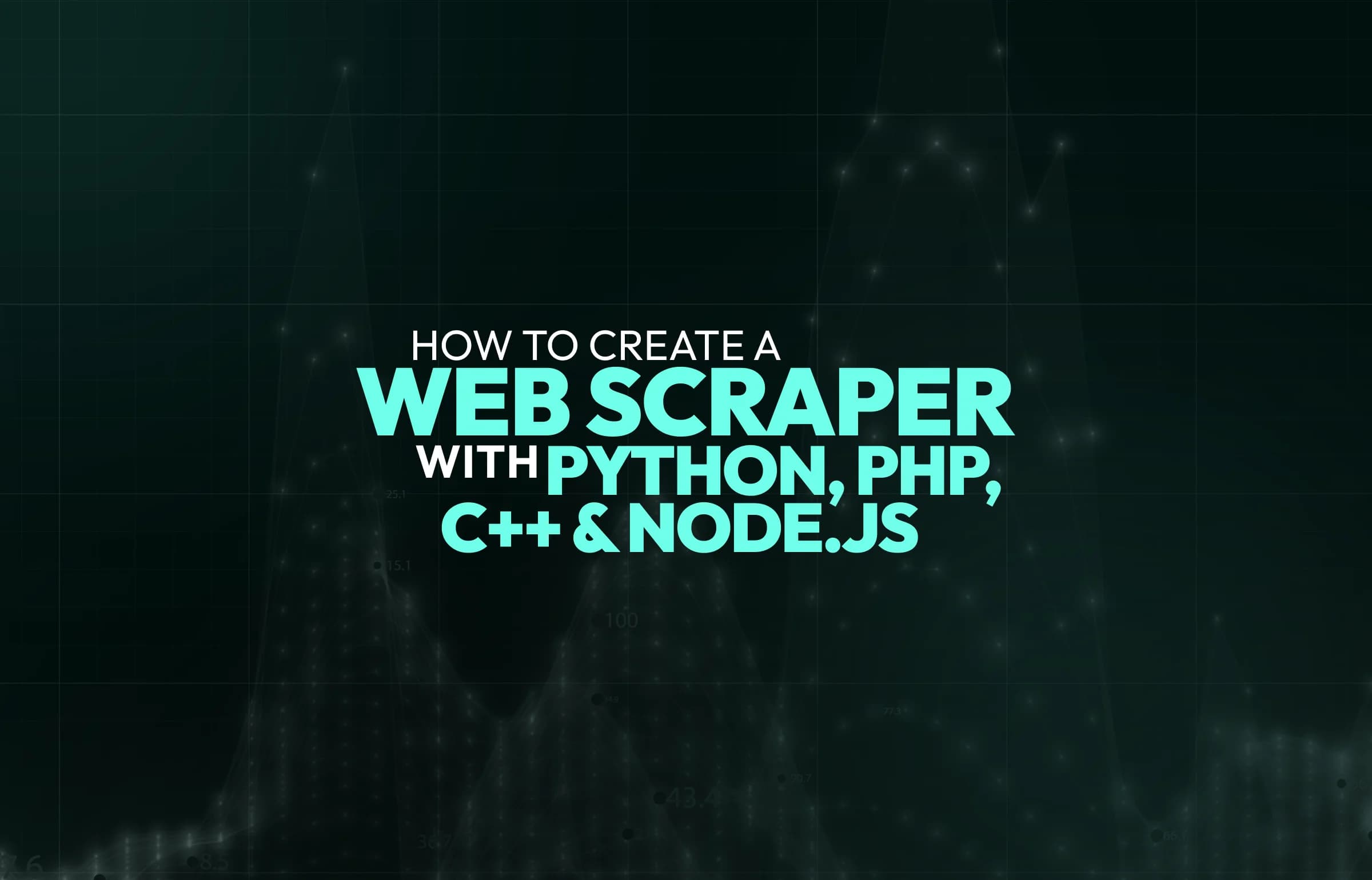| Blockchain Platform | Ethereum, Binance Smart Chain (BSC), Flow, Polygon, Solana | Platforms for minting, transferring, and trading NFTs, with varying costs and speeds. |
| Smart Contract Development | Solidity (Ethereum), Vyper (Ethereum), Rust (Solana), Cadence (Flow), Cairo (StarkNet) | Languages for developing smart contracts to manage NFTs, royalties, and transactions. |
| Storage Solutions | IPFS, Arweave, Filecoin, Pinata | Decentralized storage for NFT metadata and media files. |
| Front-End Frameworks | React.js, Vue.js, Angular | Tools for building user interfaces and interactive marketplace features. |
| Backend Development | Node.js, Express.js, Django, Flask | Manages APIs, transactions, and database interactions with blockchain integration. |
| Database | MongoDB, PostgreSQL, MySQL | Stores user data, NFT details, and off-chain metadata. |
| Wallet Integration | MetaMask, WalletConnect, Coinbase Wallet | Enables secure user authentication and crypto transactions within the marketplace. |
| API for Blockchain | Infura, Alchemy, QuickNode | Provides connectivity to blockchain networks without hosting nodes. |
| Payment Gateways | Stripe, MoonPay | Facilitates fiat-to-crypto conversions for users without cryptocurrency. |
| NFT Standards | ERC-721, ERC-1155, BEP-721, BEP-1155, SPL Token (Solana), Flow NFT | Defines how NFTs are created, transferred, and managed on their respective blockchains. |
| Middleware Services | Chainlink, The Graph | Provides off-chain data integration and blockchain data indexing for efficient querying. |
| Security Tools | OpenZeppelin, Forta, ConsenSys Diligence | Ensures smart contracts are secure and free from vulnerabilities. |
| Authentication | OAuth, JWT, Firebase | Provides secure user login and session management for marketplace users. |
| Analytics | Google Analytics, Dune Analytics, Nansen, CryptoSlam | Tracks user behavior and marketplace performance, including on-chain activity. |
| Search and Discovery | ElasticSearch, Algolia | Enhances search and filtering functionality for NFTs and collections. |
| Content Delivery Network | Cloudflare, AWS CloudFront | Optimizes the delivery speed of NFT assets and metadata globally. |
| DevOps and Cloud Hosting | AWS, Google Cloud, Microsoft Azure, DigitalOcean | Hosts the marketplace backend, ensuring scalability and uptime. |
| Testing | Truffle, Hardhat, Ganache, Mocha | Simulates and tests smart contracts and application logic in local blockchain environments. |








